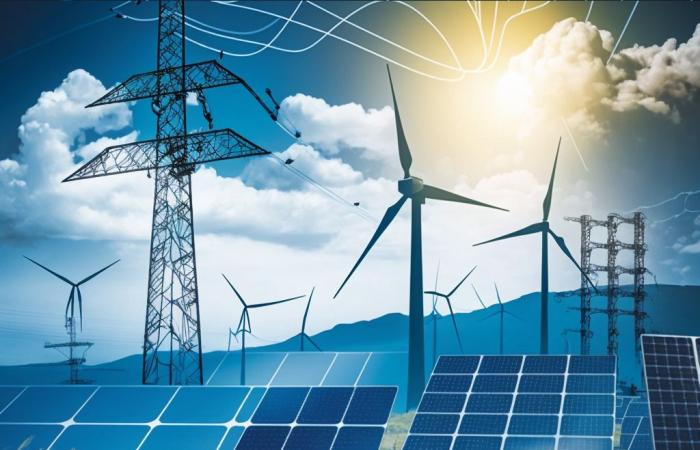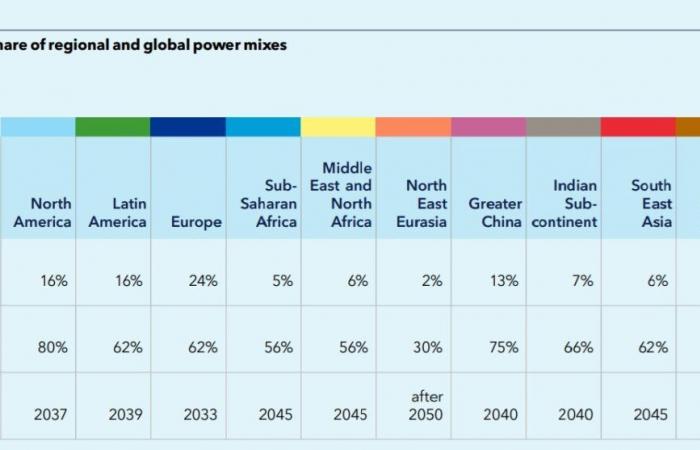According to a new report from DNV, global electricity demand will double by 2050 as global dependence on fossil fuels declines. The report New Power Systems concludes that the path to a decarbonized energy system requires significant expansion of the grid, solutions for its congestion and new business models to adapt to the growing demand for electricity and generation from wind and solar energy.
The report also concludes that grid expansion is affordable, thanks to increasing efficiency in grid technology and increasing electrical load. DNV expects global network charges passed on to consumers to remain stable or decline in the long term.
Global economic growth and the electrification of transport, heating and industry will be the main drivers of the projected increase in global electricity demand.
Furthermore, the development of data centers, particularly for AI applications, is also expected to contribute to this increase, as AI has considerable potential to introduce efficiencies in both energy supply and use.
According to the report, by mid-century, electricity will make up 37% of global energy end use, up substantially from 20% in 2023. This rebound will be accompanied by a dramatic shift towards renewable energy: it is expected that wind and solar energy will generate half of the world’s electricity by 2040 and 70% by 2050.
The decarbonization trajectory predicts that almost 90% of electricity will come from non-fossil sources by 2050.
The growing share of renewable energy requires flexibility and a robust demand response system: as variable renewable energy sources (VRES) increase nine-fold, the need for short-term flexibility will double.
Fluctuating demand from sectors such as heat and transportation requires new ancillary services, such as synthetic inertia products and fast frequency response, and adapting market and regulatory frameworks to support these technologies is critical for a sustainable energy future.
In this new model, advanced technologies such as artificial intelligence and automated demand response activation will assist in network operations and market predictions.
Remi Eriksen, Group President and CEO of DNV, explained: “Deep digitalisation, including the application of AI, is crucial to managing the increasing complexity of an energy system dominated by renewables. Therefore, there will be rapid growth in both information technology and operational technology in the coming years, which must be supported by a robust risk management approach, particularly in cybersecurity, to reap the benefits of the new energy systems.







